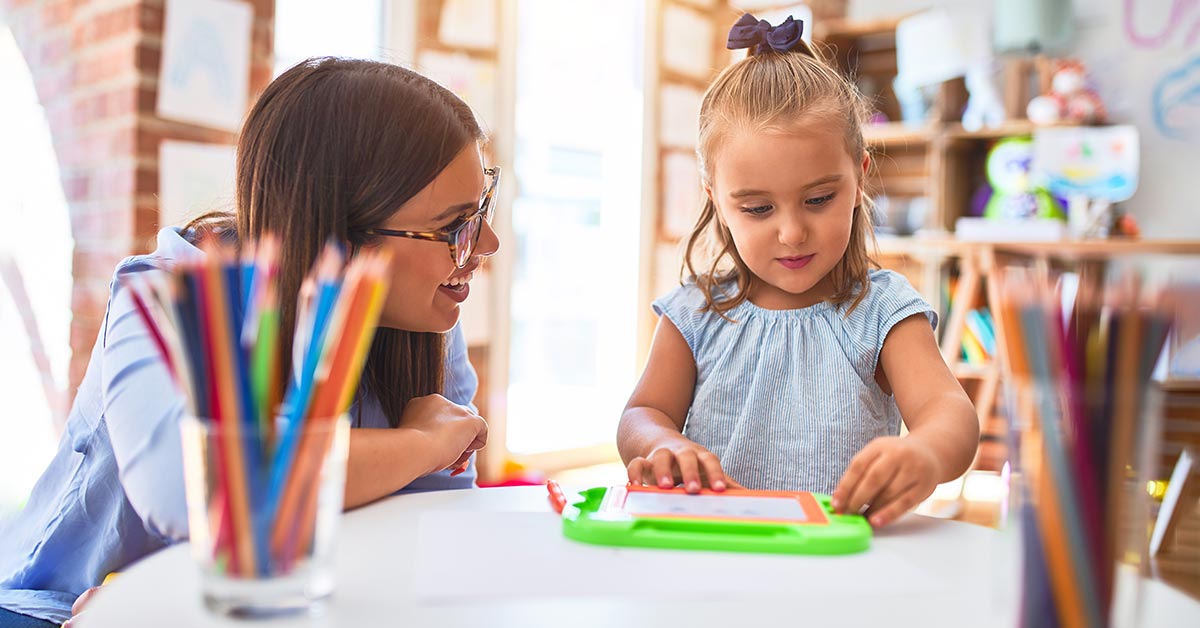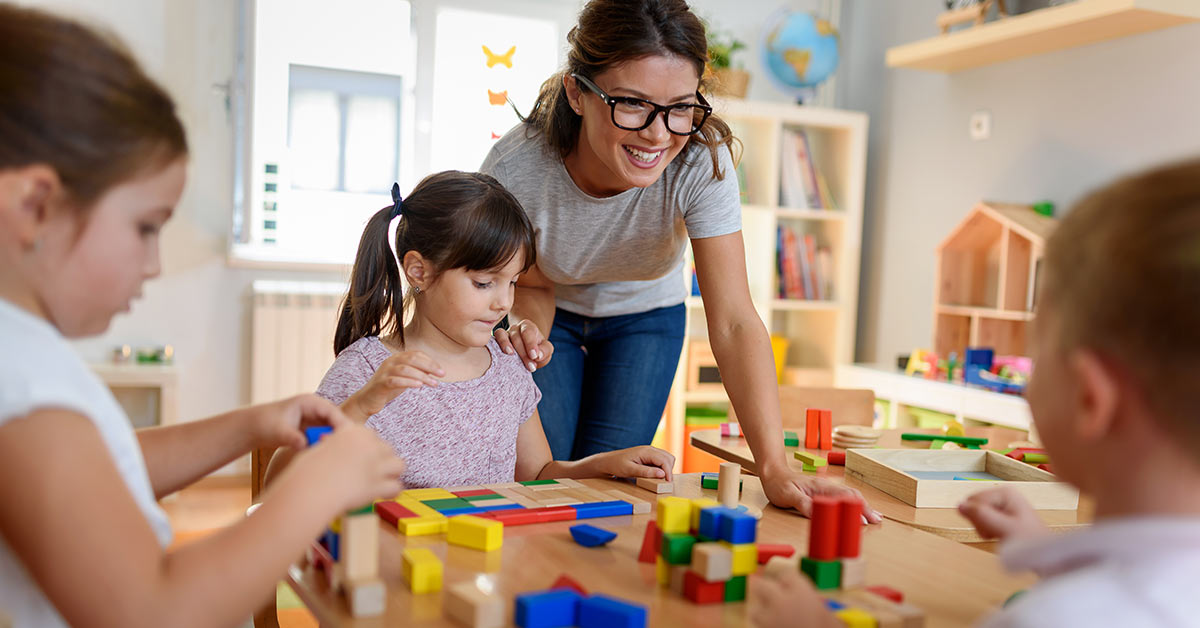22 Jun 2023
Supporting the holistic development of children
Approaches to teaching and learning are always evolving, and it can be so easy to get caught up with all those new ideas and techniques that we forget about the basics.
And more often than not, the basics are crucial. That’s why teachers and early childhood educators are being encouraged to focus on a ‘holistic approach’ to learning.
In fact, The Early Years Learning Framework (EYLF) of the Australian Department of Education, Employment and Workplace Relations (DEEWR) encourages Early Childhood Educators to focus on the holistic approach, rather than traditional academic milestones of intelligence.
Sounds great, right? But in practical terms, what does ‘holistic development’ mean?

What is Holistic Development?
Holistic Development is an approach to learning that emphasises the importance of the physical, emotional and psychological well-being of children, particularly in early childhood.
That is, learning through basic interactions with the natural world – with all its opportunities for challenge, risk-taking, and social development.
Most of us learn best when we are feeling motivated and inspired, and children are no different!
Jumping in puddles, playing in the mud, building sandcastles and finding insects is more than just play. It’s how kids learn about themselves in the world. And all technical speaking aside, this is essentially what being a kid is all about exploring and discovering!
By focusing our attention on the connectedness of a child’s mind, body and spirit, we’re embracing their real and authentic development – regardless of culture, socioeconomic background, gender or age.
What are the five aspects of holistic development?
There are five aspects of development that the holistic approach aims to support in a balanced way:
Physical development is where children learn about their growing bodies, develop motor skills, coordination, and take part in activities that contribute to their overall physical health and well-being.
Social development encourages children to engage with others, develop social skills, empathy, and cooperate with others. This helps young minds establish positive relationships within their family, peer group, and community.
Intellectual development involves the child’s cognitive growth – so, thinking, reasoning, problem-solving, and learning new facts and concepts.
Emotional development is the nurturing of a child’s ability to understand and manage their feelings, become independent, resilient and create healthy relationships.
Spiritual development speaks to the formulation of the child’s own personal set of values, moral codes, and identity. It’s about supporting the development of their personality, beliefs, and purpose from an early age.
Why is holistic development important for children?
When children have great experiences with curiosity and exploration, it helps them develop a positive attitude towards learning that can stay with them throughout their lives.
This has flow-on effects in all five aspects of development, which contributes to their overall confidence, self-esteem, and relationships, and lays a solid foundation for their personal and academic growth.

What is an example of a holistic approach in childcare?
Taking a holistic approach in childcare means paying close attention to each child's physical, social, emotional, intellectual and spiritual interests and behaviours.
Whenever a child takes a natural interest in interacting with something or doing a certain action, the carer will notice and encourage learning through this interest. For example, if a child starts to show that they like to act things out, a holistic carer might create fun scenes to act out from scenes in a history book, so they play and learn at the same time!
How can I support holistic development?
Whether you’re an Educator, Teacher, Teacher Aide or parent, here are a few quick tips on how you can support and encourage holistic development in a child’s early years.
Ask open-ended questions
Learning is experimental. By asking open-ended questions, you’re contributing to children’s cognitive development by allowing them to think for themselves and explore their thoughts rather than giving a simple ‘yes’ or ‘no’ answer.
Build strong and trusting relationships
Children engage and communicate better when they can connect with people they trust. By building a strong relationship with a child, you’re contributing to their social development. This helps to create a safe, supportive community and improves connections between children, parents and other educators.
Identify the child’s interests
Understanding children's interests and motivations will help guide them to discover their identity, values and purpose – that is, it contributes to their spiritual development. When you identify an interest, you can take a small idea and expand on it, using it as an opportunity for learning and encouragement.
Create an engaging and inviting environment
Create a comfortable and safe environment for children to connect and be themselves. Make it inviting with the use of colour, child-friendly furniture, interest corners, and areas for individuals, small groups, and creative play.
Supporting children to learn in harmony with their unique personalities and abilities is so important for well-rounded development. The value of holistic development is receiving loads of recognition throughout the education industry, and the ‘hands-on’ approach is now increasingly favoured by teachers, teacher aides, and early childhood educators across Australia.
Have you got a passion for nurturing and supporting children to get the best start to life possible? If you want to take your interest in early childhood development to the next level, Foundation Education offers a range of nationally recognised courses in Early Childhood Education, including specified units that foster holistic development in early childhood.
Find out more about our Certificate III in Early Childhood Education and Care and Diploma of Early Childhood Education and Care, or check out our range of other Early Childhood Education and Care courses. Enquire now and speak with one of our friendly Careers Advisors for more information.
Get in touch with us today.

Proud member of

Funding
© Foundation Education | RTO Number 22557
